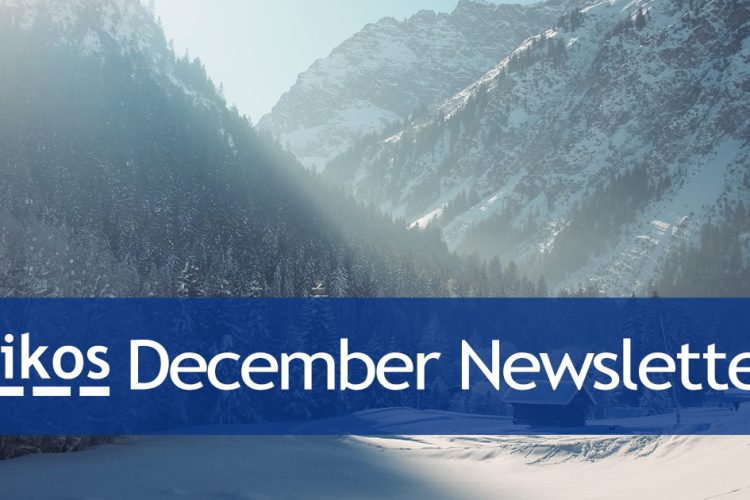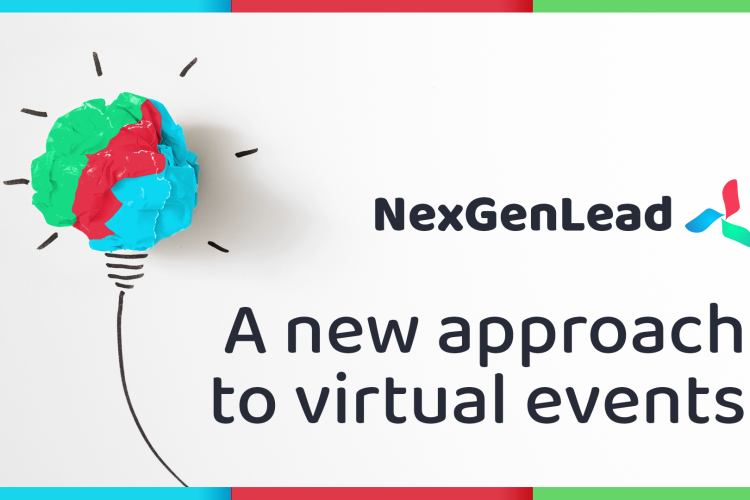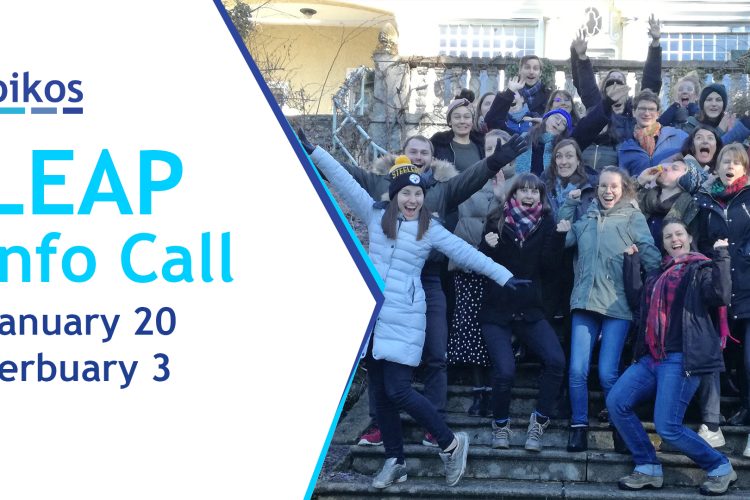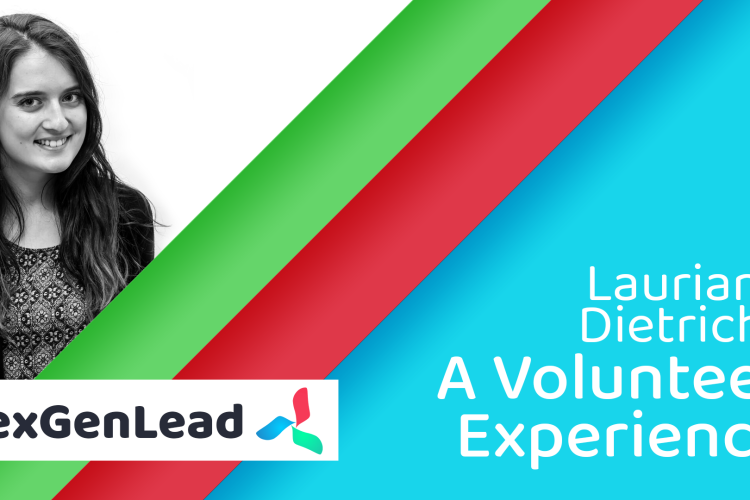Welcome to the December edition of our newsletter! In this final newsletter of the year you can get a glimpse into what 2020 was like at oikos International. We...
As 2020 comes to an end we take a look back at everything that’s happened in the oikos Community in one of the most challenging and unusual years for...
NexGenLead was the biggest project of oikos International this year. Organized in collaboration with swissnex Brazil, it was enabled by Movetia’s International Pilot Program. The initial idea was to...
The oikos leadership program, LEAP Advanced Track, will have a new cohort starting in March 2021! Don’t miss the opportunity to get to know more about this 9-months personal development...
We’re excited to share with you the first oikos Alumni Portrait in the video format! Alumni VP for 2020 Zvezdana Vuletic sits down for a chat with Pauline (Sprenger)...
The team behind our NexGenLead program is made out of so many devoted people who worked hard to make sure the project is a success. The contribution of our...
The EAUC Virtual Global Climate Conference in Education 2020 took place in November of this year featuring insights and debates from a number of high profile international speakers. Over...
Sustainability Days is a long-running annual project organized at the University of Graz by students in cooperation with oikos Graz and other organizations since 2016. This year it made...
We are delighted to announce that oikos Hong Kong and oikos Lisbon have been given the full chapter status following the vote at the Legislative Meeting on November 29....










